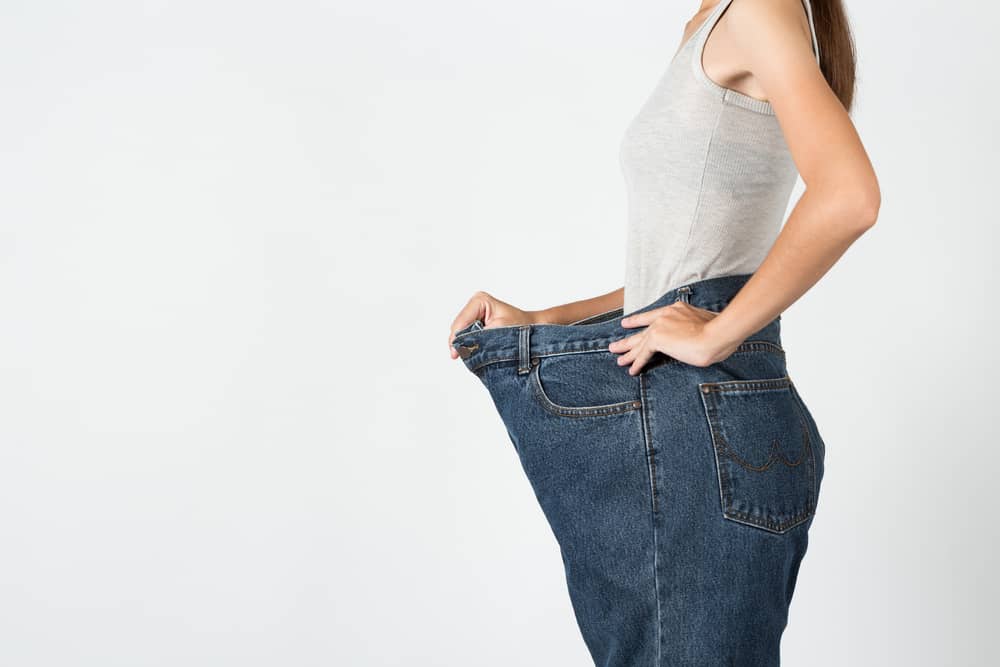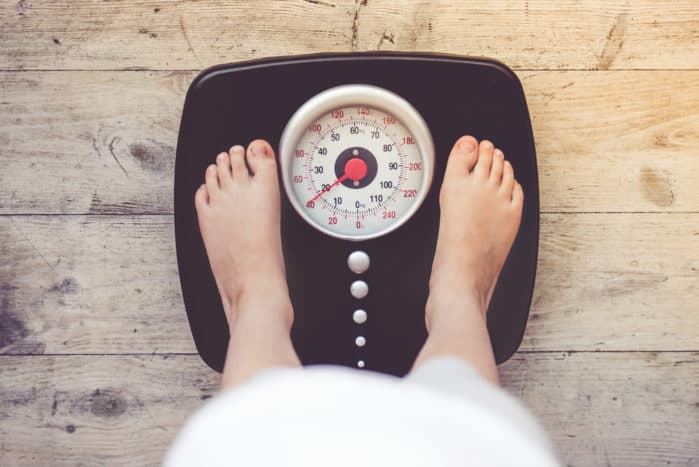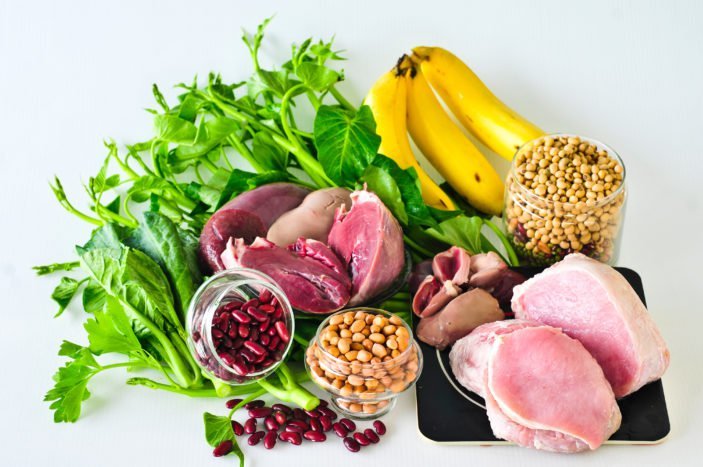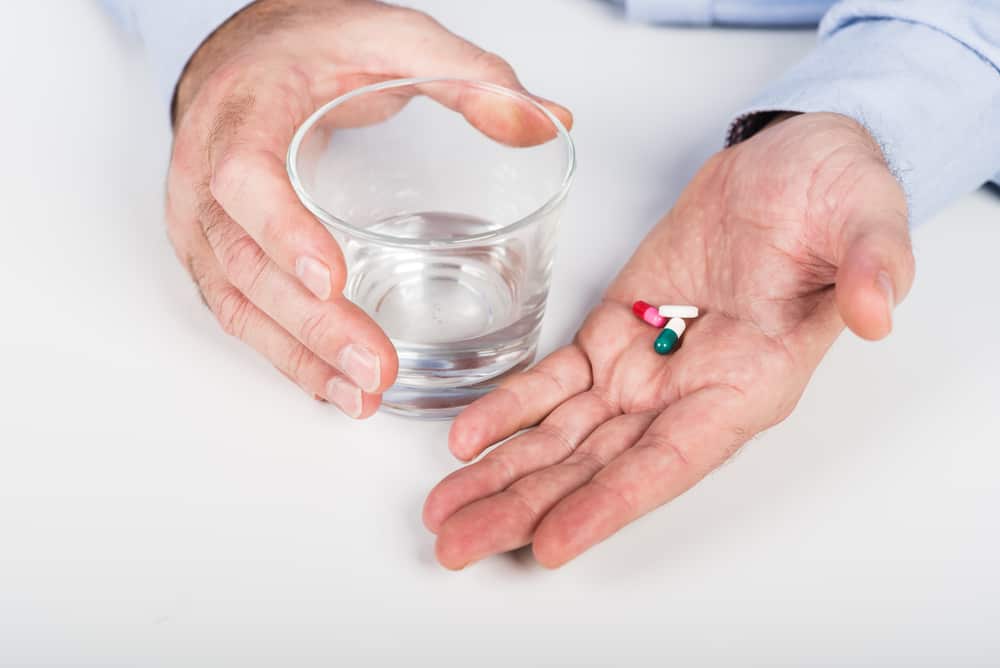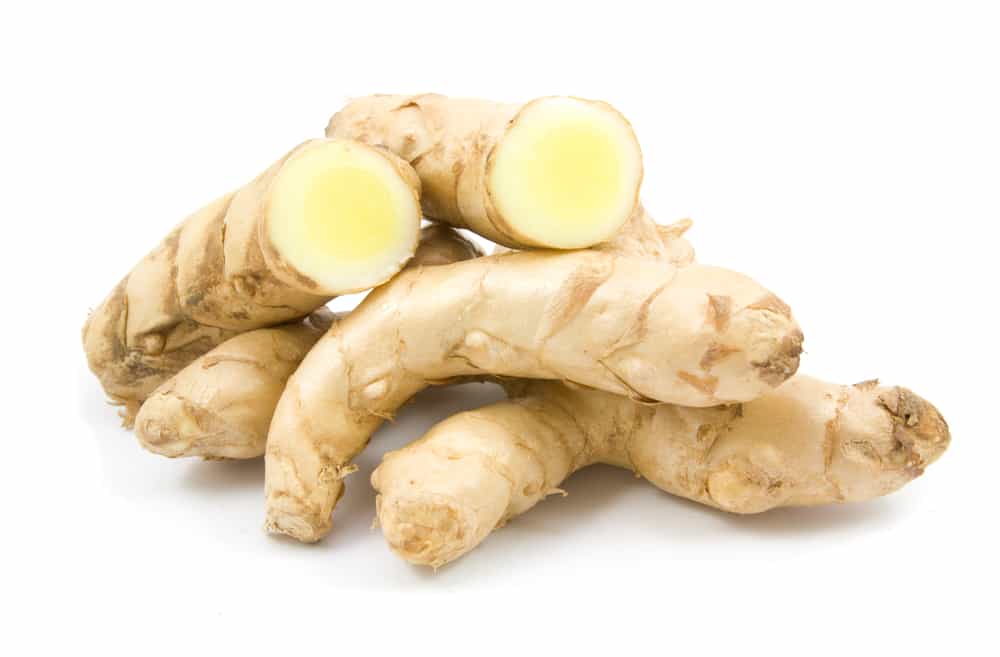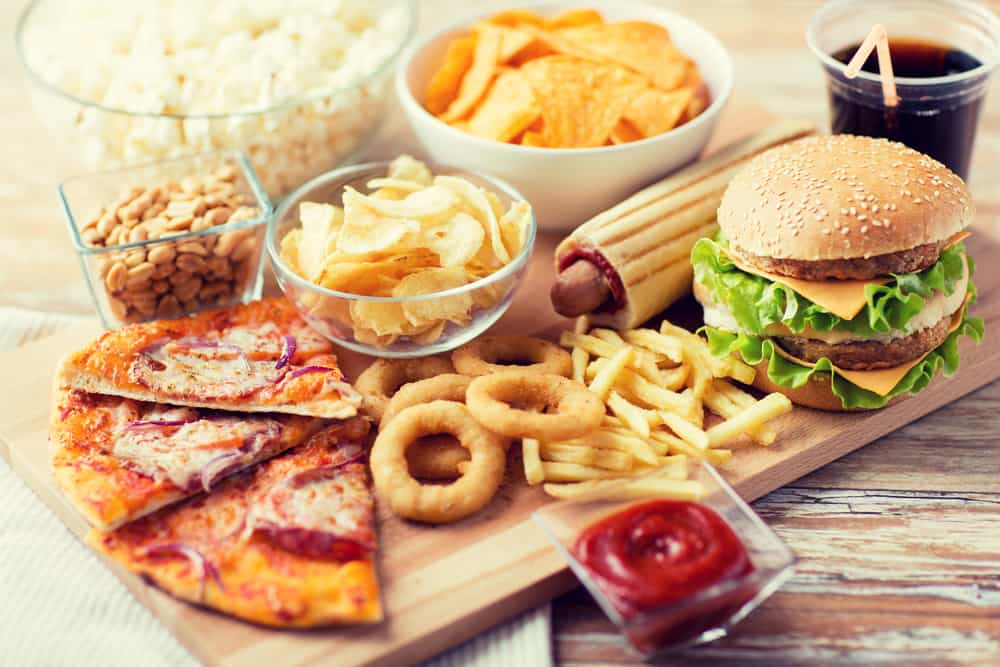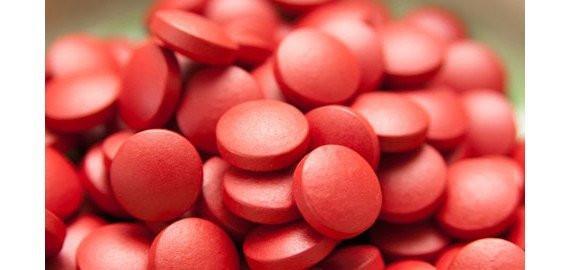Contents:
- Medical Video: How Does Exercise Impact Weight Loss?
- Drastic weight loss after a strict diet? Beware of the adverse effects on the body
- 1. The body's metabolism slows down
- 2. Muscle loss
- 3. Nutritional deficiencies
- 4. Skin relaxes
- 5. Gallstones
Medical Video: How Does Exercise Impact Weight Loss?
Diet can help you get the ideal body weight. However, you should not be too insistent live it to the extent that weight drops dramatically. Although the target of your dream weight can be achieved faster, very drastic weight loss in a short period of time actually risks causing various side effects that harm the body.
Drastic weight loss after a strict diet? Beware of the adverse effects on the body
1. The body's metabolism slows down
Body weight can indeed go down if you reduce eating, but eating too little can also reduce the body's metabolic work. Metabolism affects how quickly your body burns the calories it gets from food. If your metabolism is slow, the body will use calories from food more slowly.
When you cut your total calorie intake to very little than usual, your body will think you are starving so that it will slow down the burning of calories in your body. The slower the metabolism, then you will also burn fewer calories. A decrease in metabolism can even continue long after you finish dieting. This would be dangerous.
When you later increase your calorie intake higher, your body will not burn calories as fast as it was. So in the future, you will be more difficult to lose weight. You will find it easier to gain weight after a diet.
2. Muscle loss
When you undergo a strict low-calorie diet, weight can indeed drop rapidly but not necessarily you lose fat. In fact, muscle mass is lost. The study, published in the 2016 Obesity Society journal, shows that people who are on a very low-calorie diet have a 6-fold risk of losing muscle mass.
Side effects of loss of muscle mass are interrelated with a decrease in body metabolism after drastic weight loss. The metabolism work is determined by the muscle mass you have. The smaller your muscle mass, the slower the body's metabolism works. As a result, there will be fewer calories burned by the body. This tends to make the body store more calories so that later it will cause you to gain weight.
This can happen when you only reduce eating, but not accompanied by exercise. By exercising, you can maintain and even increase muscle mass so that your body's metabolism also increases.
3. Nutritional deficiencies
A drastic weight loss after a strict diet risks making you lack certain nutrients, because you limit the amount and type of food everyday.
A strict low-calorie diet is generally at risk of causing someone to be deficient in iron, folate, calcium, and vitamin B12. This effect can be detrimental to the body's health in the long run. Malnutrition can cause you to experience extreme fatigue, anemia, pain easily because of the weakened immune system, frequent muscle cramps, and severe hair loss.
4. Skin relaxes
Drastic weight loss can make the skin look loose and sagging, especially in the area of the abdomen, arms and legs. This is because the skin loses its elasticity after so long stretched by the presence of fat.
Instant weight loss makes the skin does not have time to shrink following changes in body shape. These side effects do not cause health consequences in the long term, but can make you feel inferior to physical appearance.
The Columbia University Health Center recommends surgery as the only way out to correct this if the skin does not return to following the body's contours after 2 years of drastic weight loss.
5. Gallstones

Reporting from Healthline, gallstones are one of the most common complications of drastic weight loss in a short time.
Normally, the gallbladder releases digestive enzymes to break down fatty foods so they can be digested. But when you are on a strict diet, you will certainly limit the portion of fatty foods, right? Well, when the body does not get enough fat, the gallbladder will stop producing these enzymes which cause bile salts to decrease.
Meanwhile, the body that breaks down fat reserves during a strict diet makes the liver release large amounts of cholesterol into the bile, so that bile becomes saturated. Gallstones will form when substances in digestive enzymes settle and crystallize over time into stone. Moreover, often skipping meals or not eating for a long time can reduce the gallbladder contraction to empty the bile. As a result, gallstones can form.
Gallstones can initially not show any symptoms. This is a matter of caution, because if the gallstones continue to grow, painful symptoms can begin to appear so you will need to undergo surgery to remove the gallstones.

